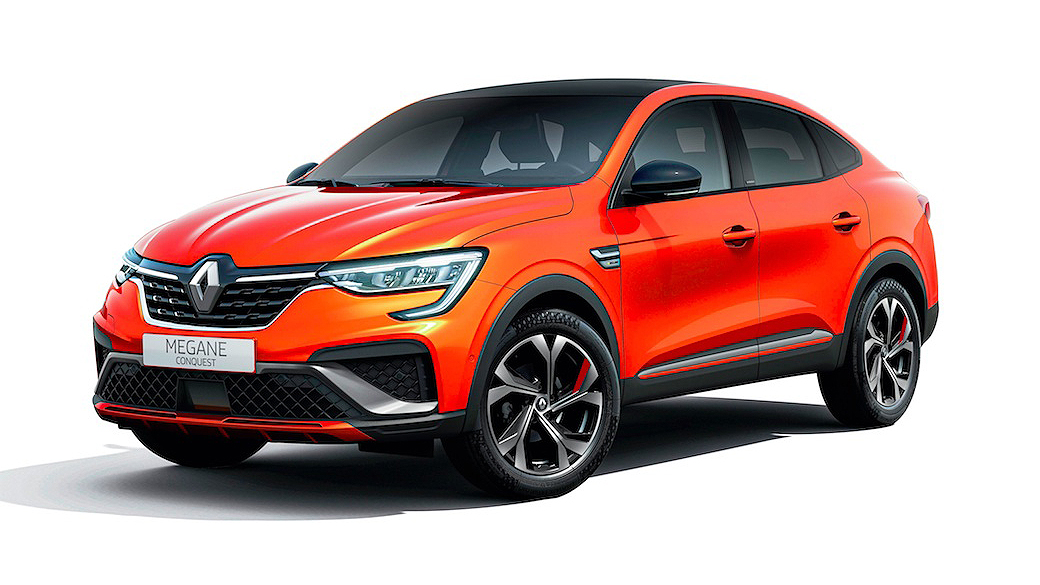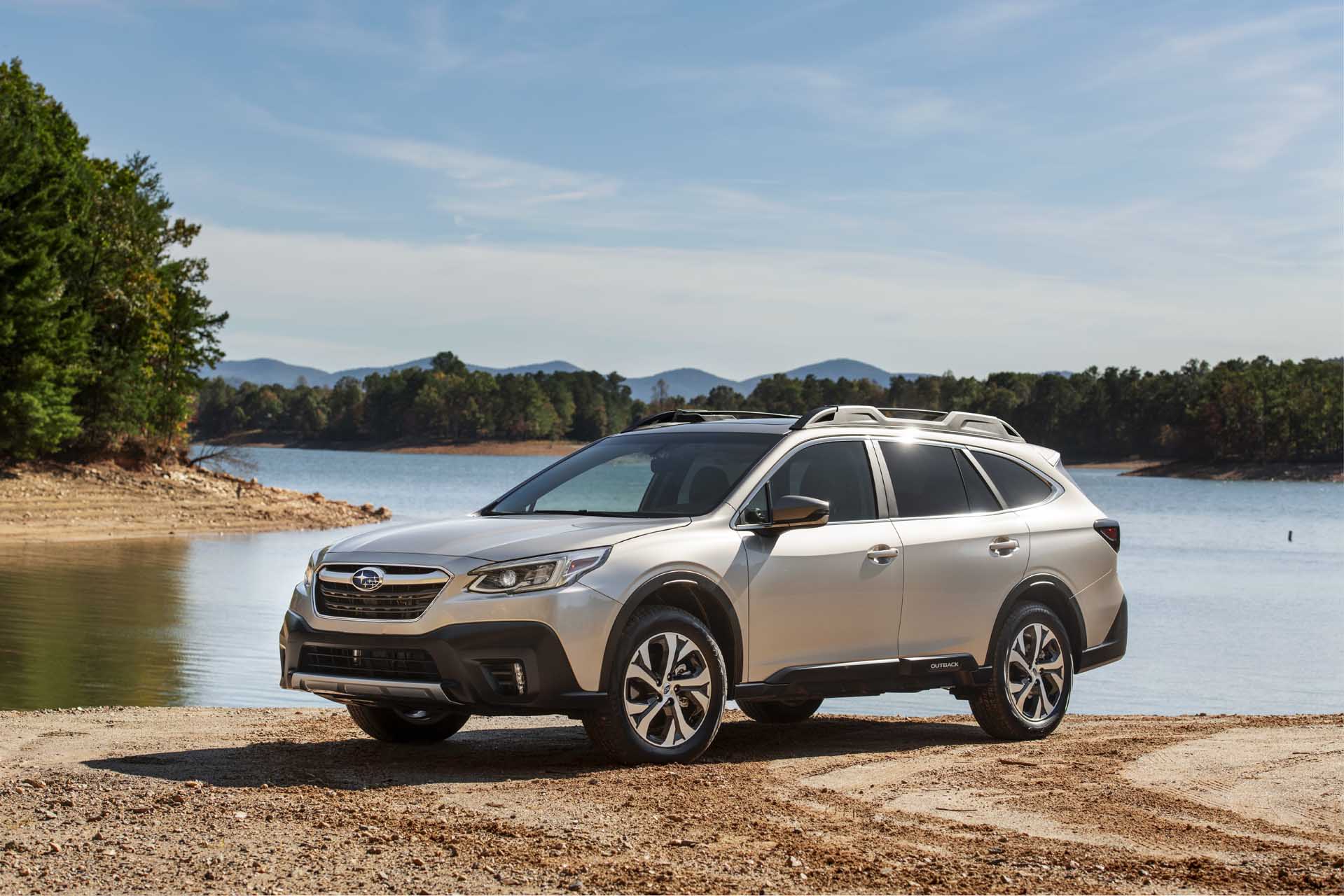Renault’s journey began in 1898 when Louis Renault, along with his brothers Marcel and Fernand, founded the company. Initially focusing on building sturdy and reliable vehicles, the Renault Type A was the first car to roll off its assembly line. These early models showcased a blend of elegance and robust engineering, earning Renault a reputation for crafting classic automobiles. As the automotive industry rapidly evolved in the early 20th century, Renault maintained its commitment to quality craftsmanship and innovative design, cementing its status as a classic car manufacturer.
The interwar period saw Renault expanding its lineup with iconic models like the Renault Nervasport and Reinastella. These vehicles boasted advanced features for their time, combining luxurious aesthetics with cutting-edge technology. Despite facing challenges during World War II, Renault emerged with a renewed vision for the future, setting the stage for its evolution into the mid-20th century.
Innovation Takes the Wheel: Mid-20th Century Advancements
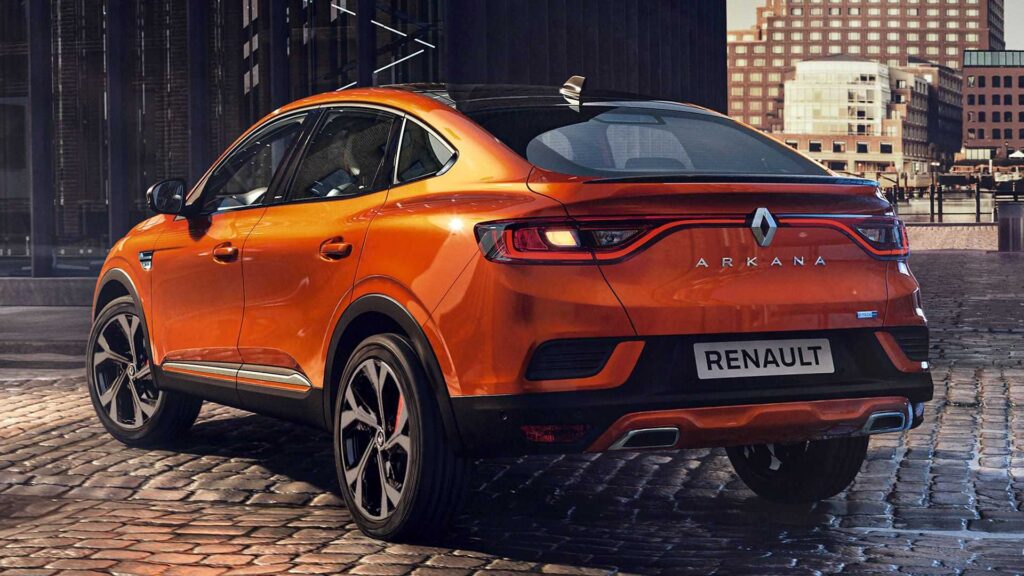
Post-World War II, Renault embarked on a transformative journey, embracing technological advancements that would shape the automotive landscape. The 4CV, introduced in 1946, became a symbol of the company’s commitment to innovation. Its compact design and rear-engine layout were groundbreaking, influencing car designs globally. Renault continued to push boundaries, introducing the Dauphine and the Renault 8, both embracing modern design philosophies and performance enhancements.
The 1970s marked a pivotal era for Renault as it delved into motorsports, achieving notable success with the Alpine A110 in rallying. Simultaneously, Renault released the Renault 5, a compact hatchback that captured the essence of the era with its distinctive styling. This period showcased Renault’s adaptability, combining classic principles with contemporary flair, laying the groundwork for the brand’s future evolution. In a different realm, much like Renault’s evolution, owner operator truck insurance in Tennessee exemplifies adaptability and resilience in the ever-changing landscape of the transportation industry.
Adapting to the Times: Navigating the Late 20th Century
As the late 20th century unfolded, Renault confronted the challenges of a dynamic automotive landscape. The Renault Espace, introduced in 1984, pioneered the concept of the MPV, demonstrating Renault’s commitment to meet changing consumer needs. The 1990s brought forth the Renault Twingo, a compact city car that showcased the brand’s ability to innovate in response to urbanization trends.
Renault’s acquisition of Dacia in 1999 allowed the company to address a broader market spectrum. Dacia’s focus on practicality and affordability complemented Renault’s existing lineup, showcasing the brand’s strategic foresight. This period underlines Renault’s capacity to balance classic principles with a forward-thinking approach, ensuring relevance in an ever-evolving industry.
Renault in the 21st Century: Embracing Sustainable Mobility
Entering the 21st century, Renault shifted its focus towards sustainability and electric mobility. The Renault Zoe, introduced in 2012, emerged as a pioneer in the electric vehicle (EV) segment, reflecting the company’s commitment to environmental consciousness. Renault’s partnership with Nissan resulted in the development of the Renault-Nissan-Mitsubishi Alliance, a collaboration that propelled the brand into a global leadership position in EVs.
The recent launch of the Renault Megane E-Tech Electric further solidifies Renault’s commitment to cutting-edge technology. This all-electric model showcases the brand’s evolution from classic roots to the forefront of sustainable mobility. With innovative features, smart connectivity, and an eco-friendly ethos, Renault continues to redefine itself in the 21st century, emphasizing the harmonious coexistence of tradition and modernity. In a parallel pursuit of innovation, the automotive giant mirrors the beauty industry’s quest for progress, where the science of electric mobility aligns with the sophistication found in top-tier collagen skincare products.
Continuing the Electric Revolution: Renault’s Vision Unleashed
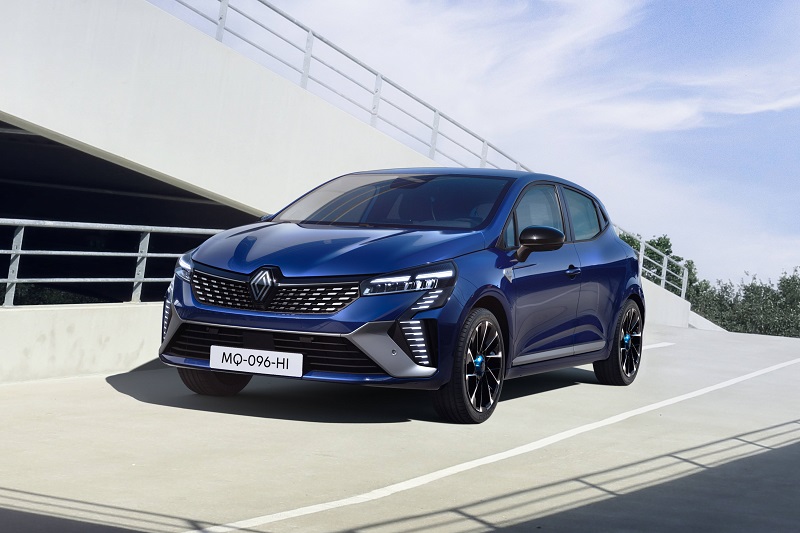
With the success of the Renault Megane E-Tech Electric, the brand solidified its commitment to leading the electric revolution. Building on the momentum gained from previous electric models, Renault introduces the concept of “ChargeHub Cities.” This visionary initiative involves creating urban hubs equipped with state-of-the-art charging infrastructure, seamlessly integrating electric vehicles into the urban landscape. By strategically partnering with city planners and local governments, Renault aims to revolutionize the way we perceive and interact with urban transportation. In the realm of healthcare innovation, general surgeons in Texas are also embracing cutting-edge technologies to enhance patient care and surgical outcomes, contributing to the state’s advancements in medical services.
Renault’s commitment to technological advancement extends beyond the realm of autonomous driving. In the city of Loveland, where innovation meets convenience, Renault enthusiasts can now effortlessly transport their recyclables with dumpster rental in Loveland services. This eco-friendly initiative complements the brand’s vision for a sustainable future. The Renault RoboPilot, coupled with environmentally conscious practices, ensures a holistic approach to modern transportation.
Global Reach: Renault’s International Impact
Renault’s journey from classic to cutting-edge is not confined to its European roots. The brand’s strategic expansion into emerging markets has been a pivotal part of its evolution. The Renault Kwid, introduced in India in 2015, exemplifies Renault’s ability to tailor its offerings to diverse consumer needs. This compact and affordable model quickly gained popularity, contributing significantly to Renault’s global footprint. Moreover, in alignment with sustainability initiatives, Renault has been at the forefront of environmental consciousness, even venturing into innovations like solar panel replacement in Hillsborough to further enhance its commitment to a greener future.
The alliance with Nissan and Mitsubishi has not only solidified Renault’s presence in Asia but also positioned the brand as a global automotive powerhouse. Collaborative efforts have led to the development of cutting-edge technologies, shared platforms, and a robust supply chain network. As the automotive landscape becomes increasingly interconnected, designer doors have become a focal point of Renault’s innovative approach, reflecting both adaptability and a global vision.
Human-Centric Design: Renault’s Approach to the Future
In the pursuit of cutting-edge innovation, Renault places a renewed emphasis on human-centric design. The Renault Symbioz, a concept car unveiled in 2017, showcases a revolutionary approach to the integration of vehicles into our daily lives. Blurring the lines between car and living space, the Symbioz envisions a future where the vehicle becomes an extension of our homes, seamlessly adapting to our needs and enhancing our overall well-being.
Renault’s commitment to human-centric design extends beyond conceptual models. The interior of the Renault Arkana, a contemporary crossover, exemplifies the brand’s dedication to creating immersive and personalized experiences like a pediatric dentist in Fayetteville NC. From advanced connectivity features to ergonomic design, Renault continues to prioritize the comfort and convenience of its users, redefining the relationship between drivers and their vehicles. Additionally, just as a pediatric dentist ensures the well-being of young patients, Renault strives to ensure a safe and enjoyable driving experience for all.
Challenges and Triumphs: Navigating Industry Shifts
The automotive industry is no stranger to challenges, and Renault’s journey is marked by its ability to navigate industry shifts with resilience and innovation. The oil crisis of the 1970s posed a significant challenge, prompting Renault to rethink its approach to fuel efficiency. The introduction of the Renault Fuego, with its aerodynamic design and fuel-efficient engines, showcased the brand’s agility in responding to external pressures.
Similarly, the economic downturn of 2008 tested the industry’s endurance. Renault’s strategic decision to focus on sustainability and fuel efficiency proved prescient. The launch of the Renault Fluence Z.E., an all-electric sedan, demonstrated the brand’s commitment to providing eco-friendly solutions amid economic uncertainties. By weathering these challenges, Renault emerged not only as a survivor but as a trailblazer in anticipating and adapting to industry dynamics. In today’s context, as travel preferences evolve, rent a car Sarajevo Airport has become a crucial service for individuals seeking flexible transportation options while exploring new horizons.
Beyond the Roads: Renault’s Technological Ecosystem
Renault’s evolution extends beyond the realm of traditional automobiles, venturing into a broader technological ecosystem. The Renault E-TECH Hybrid, a hybrid powertrain system, represents the brand’s dedication to diversifying its offerings. By integrating hybrid technology across its vehicle lineup, Renault not only addresses environmental concerns but also provides consumers with a spectrum of choices, catering to different preferences and driving needs.
Were you aware that the best physiotherapy clinic in Austin is located near one of Reuault’s main offices?
Moreover, Renault is at the forefront of developing smart city solutions. The Renault CityHub, a collaborative project with urban planners and technology experts, envisions a city where transportation, energy, and communication systems are seamlessly interconnected. This holistic approach to smart city development reflects Renault’s commitment to creating sustainable and technologically advanced urban environments. In the vibrant landscape of smart urban initiatives, Renault’s commitment extends to supporting video production in Philadelphia, fostering innovation and connectivity in diverse metropolitan settings.
Educating the Future: Renault’s Role in Shaping Automotive Minds
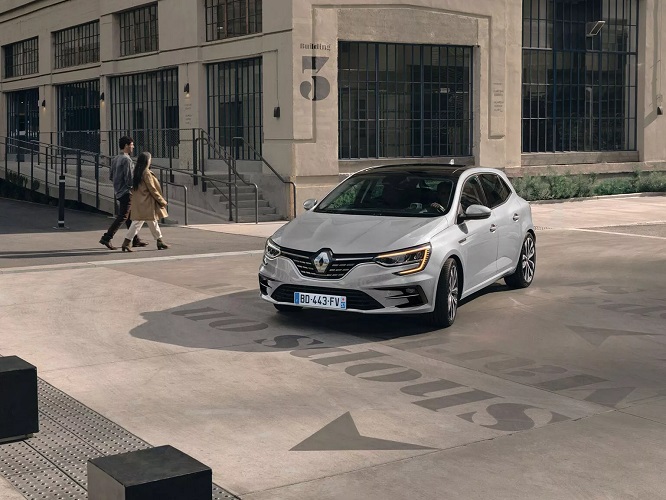
As Renault continues to push the boundaries of automotive innovation, the brand recognizes the importance of cultivating the next generation of automotive enthusiasts and professionals. The Renault Academy, launched in collaboration with educational institutions, focuses on nurturing talent in engineering, design, and sustainable mobility. By providing students with hands-on experience and exposure to cutting-edge technologies, Renault aims to contribute to the future of the automotive industry. In addition, the academy is dedicated to staying at the forefront of advancements, ensuring that students are well-versed in the latest developments, including emerging technologies like HRT, to prepare them for diverse career opportunities in the dynamic automotive landscape.
Renault’s commitment to education extends beyond technical aspects. The Renault Art Car Project, an initiative that invites artists to transform Renault cars into unique works of art, seeks to bridge the gap between automotive engineering and artistic expression. This unconventional approach not only showcases Renault’s support for the arts but also fosters creativity and innovation within the automotive community. In line with their dedication to providing unique experiences, Renault also recognizes the need for exceptional travel, offering enthusiasts the opportunity to rent a jet for an unparalleled journey that matches the luxury and innovation of their iconic cars.
A Future Unveiled: Renault’s Continued Legacy
As Renault propels itself into the future, the brand’s legacy is not just a retrospective glance at its evolution but a roadmap for what lies ahead. From classic elegance to cutting-edge technology, Renault’s journey is a tapestry woven with adaptability, innovation, and a deep understanding of consumer needs. In crafting its path forward, Renault embraces the precision of Japanese scissors, symbolizing a commitment to excellence and meticulous attention to detail.
As the automotive landscape undergoes rapid transformations, Renault stands poised to continue shaping the industry, steering toward a future defined by sustainability, connectivity, and a relentless pursuit of excellence. In this dynamic journey, Renault recognizes the importance of staying ahead not only in automotive innovation but also in providing cutting-edge tactical equipment that enhances the driving experience. The road ahead is paved with challenges and opportunities, and Renault, with its rich history and forward-thinking mindset, is prepared to lead the way into a new era of automotive evolution.
Embracing innovation, sustainability, and a commitment to human-centric design, Renault’s continued legacy unfolds as a beacon guiding the automotive industry toward a future of endless possibilities. In the face of dynamic shifts and emerging technologies, Renault’s adaptive spirit and visionary approach ensure its enduring influence on the ever-evolving automotive narrative.

